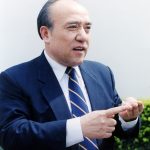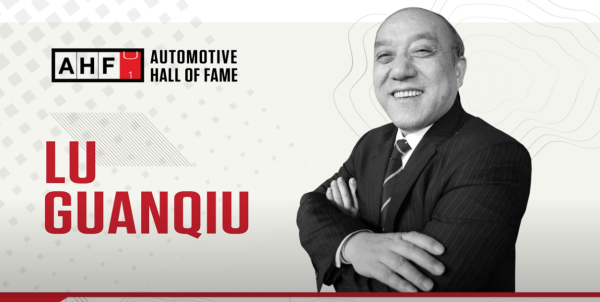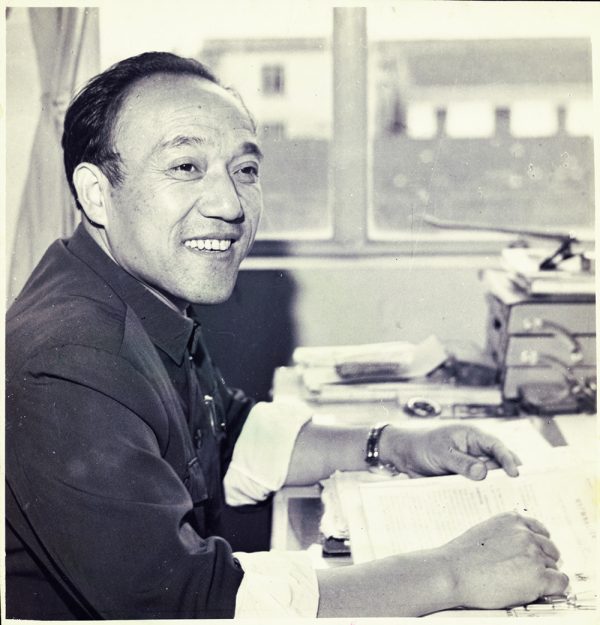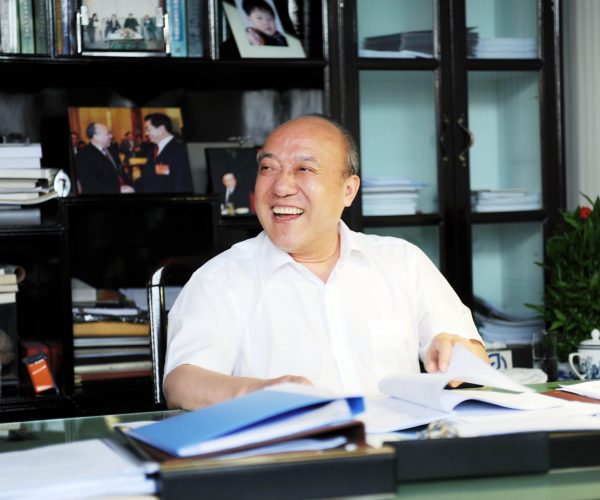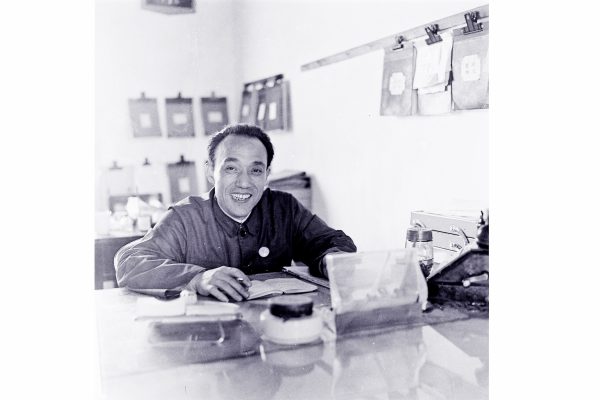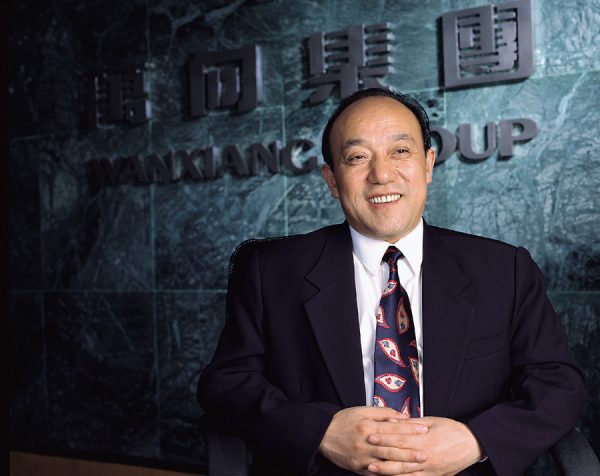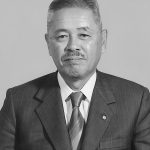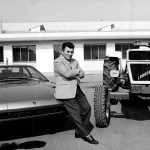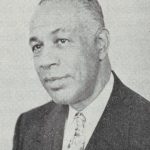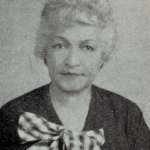Lu Guanqiu, a pioneering capitalist, started the Wanxiang Group, a multinational conglomerate producing small automotive components like bearings and universal joints for driving systems.
Born into a family of farmers in Hangzhou, Zhejiang Province in Eastern China, Lu dropped out of school at age 15 to apprentice with a state-owned metal works. Before he turned 20, Lu started a grain processing plant, a bicycle repair shop, and ultimately, he and his wife opened the Ningwei People’s Commune Agricultural Machinery Repair Factory in 1969 with five other farmers. “You’re a farmer. You should be in the fields,” Lu remembers them [other villagers] saying, “People on the street would call us ‘tails of capitalist dogs.’”
The shop first produced various agricultural parts and machinery accessories like coulters, rakes, and bearings. While private companies were still illegal in China, the nation’s political spasms in the 1960s and 70s worked to Wanxiang’s advantage. With managers at state-owned companies often tied up in political struggles, Lu tended to their neglected customers.
Due to the centrally planned economy in China, local authorities were not able to provide steel to private enterprises. In 1973, Lu purchased 300 tons of “leftover” cannon barrel manufacturing from Zhenjiang, Jiangsu. The coulters are only a thin piece, but these barrels have a wall thickness of six millimeters. His wife used electric welding to cut the barrel into pieces suitable for machining, and then produced the best-selling coulter.
In 1974, Lu started producing universal joints. Wanxiang, Chinese for universal joint, began to supply tractors, trucks, and by the 80s, cars.
In the summer of 1987, Lu was negotiating with a local steel mill to purchase raw material needed to produce his universal joints. During the negotiation, when several people in the conference room started smoking, the non-smoking steel factory manager had to leave several times. When Lu saw this, he tried to apologize to the manager. The factory manager then joked: “If you can quit cigarettes, I will guarantee you the supply.” The second Lu heard this, he immediately took out the cigarettes and threw them into the wastebasket, and never smoked again.
Wanxiang’s early forays into electric vehicle manufacturing came in 2002, when they partnered with U.S.-based battery maker Ener1, who had the experience and research to bring Wanxiang up to speed. In 2013, Wanxiang acquired A123 Systems out of bankruptcy, and a year later they bought Fisker Automotive Holdings Inc., who used A123 batteries in their vehicles. Wanxiang was partially blamed for Fisker’s downturn, as they had cut battery supplies after purchasing A123, and they were asked to support the company’s revival. Wanxiang transformed Fisker into Karma Automotive in 2014 and as of 2021 has four different vehicles in production, including the Karma Revero.
Lu passed away on October 25, 2017 at the age of 74; he had four children.
